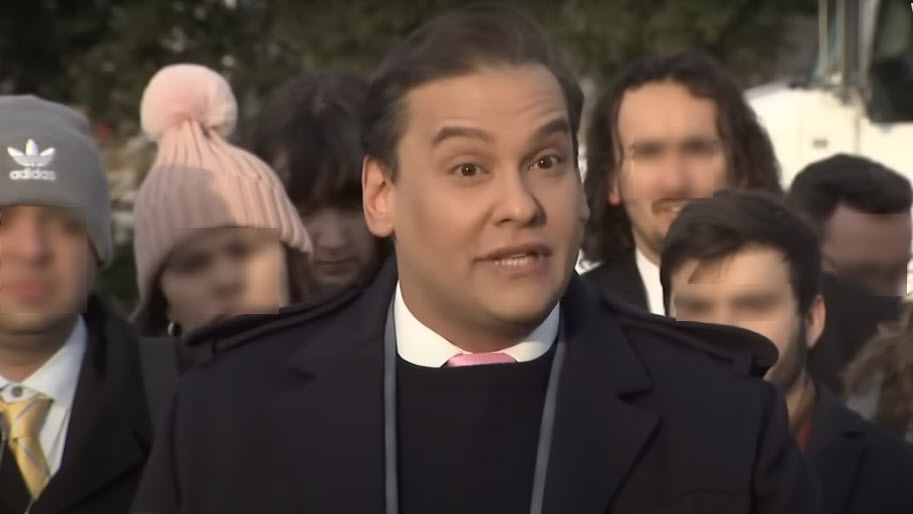In a contentious move within the political arena, a Republican effort is underway to prevent former Congressman George Santos from entering the U.S. Capitol building, sparking debates over House privileges and expelled members’ access.
The initiative stems from Santos’s attendance at last month’s State of the Union address, despite his expulsion from Congress. While former members traditionally retain certain privileges within the House, including access to facilities like the members-only gym and dining room, Santos’s presence has prompted calls for stricter rules regarding ousted members.
New York Representative Anthony D’Esposito has taken the lead by proposing a resolution aimed at modifying House rules. The resolution seeks to ban expelled members like Santos from the House floor and other designated areas within the Capitol. Additionally, it mandates the surrender of the member pin, a crucial access pass that facilitates entry into restricted zones.
The proposal has ignited a heated debate, with proponents arguing for the need to uphold the integrity of Congressional proceedings and limit the privileges of individuals no longer holding office due to disciplinary actions. They argue that allowing expelled members unrestricted access undermines the accountability and disciplinary measures inherent in Congressional operations.
Opponents, however, raise concerns about the potential precedent-setting nature of such a ban. They highlight the importance of maintaining fairness and due process, cautioning against measures that could be perceived as punitive without clear guidelines or procedures.
The controversy surrounding Santos’s attendance at the State of the Union underscores broader questions about the responsibilities and privileges of former members, especially those removed from office under contentious circumstances. As discussions unfold, the House faces the challenge of balancing transparency, accountability, and procedural fairness in its internal governance.
The outcome of the resolution proposed by Representative D’Esposito will likely shape future protocols regarding expelled members’ access to Congressional facilities and events, setting a precedent for how Congress addresses similar situations in the future.



